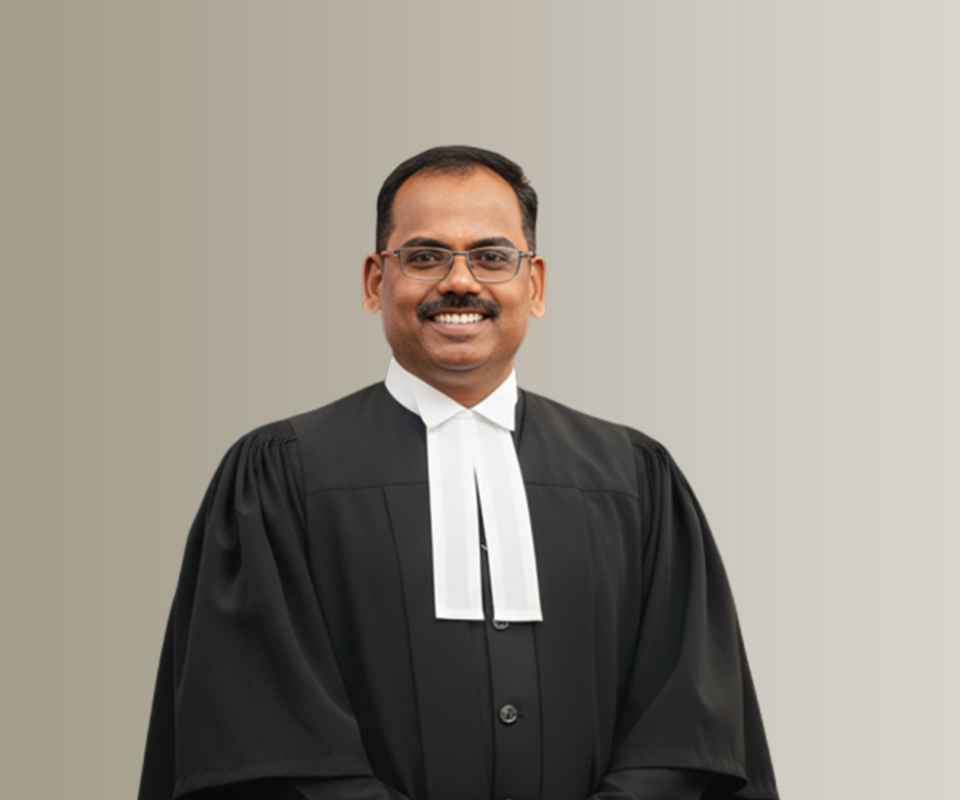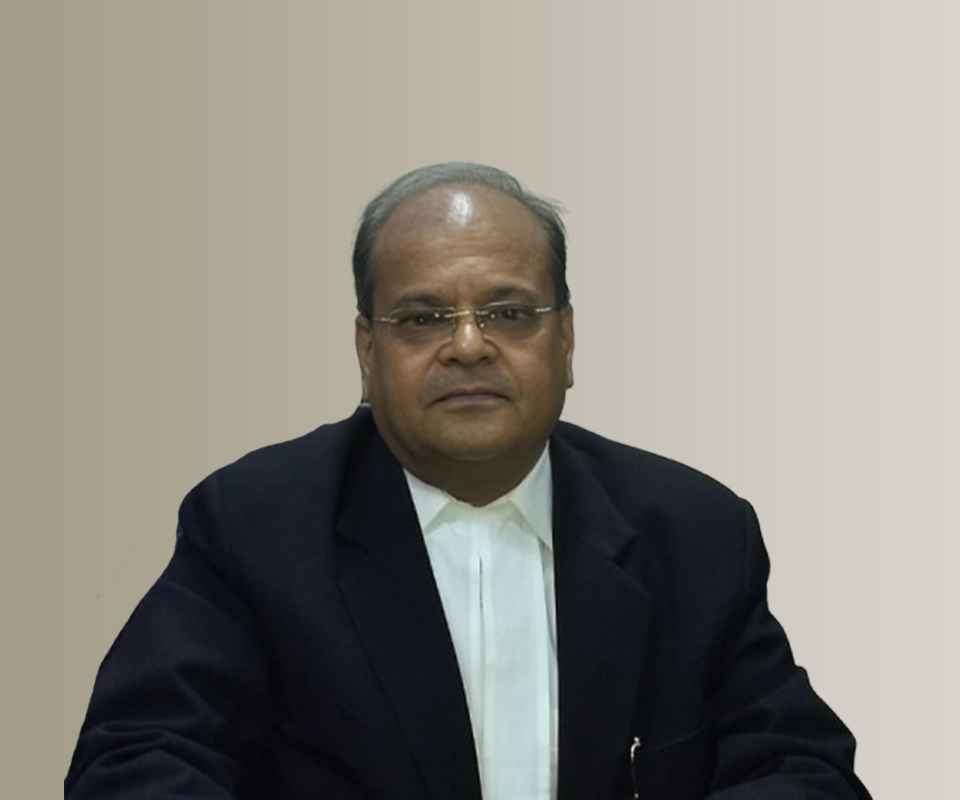Answer By law4u team
Recording a conversation between a patient and a doctor is a sensitive issue that involves both legal and ethical considerations. While patients may want to record conversations for personal reference or to ensure accurate medical information, doing so without the doctor’s consent can violate privacy laws in many places. Laws regarding recording vary by jurisdiction, and understanding the legal implications is crucial for avoiding unintended legal consequences.
Can a Patient Record a Doctor’s Conversation Without Consent?
The answer depends on the jurisdiction and the specific laws governing audio recordings, consent, and medical privacy. Here are the key points to consider:
One-Party Consent vs. Two-Party Consent:
One-Party Consent: In many jurisdictions, only one party involved in a conversation (in this case, the patient) needs to consent to the recording. This means that if the patient is part of the conversation, they are typically allowed to record it without informing the doctor, as long as they are in a jurisdiction where one-party consent is sufficient.
Two-Party Consent: In other regions, both parties (the patient and the doctor) must consent to the recording. These laws are often stricter and require that the doctor be informed before the conversation is recorded. If the doctor does not give consent, recording the conversation may be illegal.
Medical Privacy Laws:
HIPAA (Health Insurance Portability and Accountability Act) in the United States protects the privacy and confidentiality of medical information. HIPAA does not specifically address whether a conversation can be recorded, but it does mandate that patients' medical information be kept confidential. Recording a conversation could violate a doctor’s professional obligation to maintain patient privacy if it leads to the unauthorized distribution of sensitive information.
Similarly, in many other countries, there are laws that protect patient information, and any unauthorized recording or sharing of medical conversations could be a violation of these protections.
Ethical and Professional Considerations:
Beyond the legal implications, recording a doctor’s conversation without consent may also raise ethical concerns. Doctors are expected to provide a space where patients feel comfortable discussing sensitive medical issues. Recording without consent could erode trust in the doctor-patient relationship.
Doctors may also feel uncomfortable or may refuse to share important medical information if they know they are being recorded without their knowledge or consent.
Situations Where Recording is Allowed:
For Personal Use: In some cases, patients may choose to record conversations for personal use or to keep a record of medical advice. However, even in these situations, it is often recommended to seek consent first, both for legal and ethical reasons.
Legal Proceedings: If a patient is involved in a legal case, such as medical malpractice, and the conversation is relevant to the case, a recording may be permitted under certain circumstances, typically with prior notification or consent.
Medical Advocacy: Some patients may also record conversations as part of advocating for their own care, especially if they have difficulty understanding medical terminology. In these cases, it’s advisable to discuss the recording with the doctor in advance.
Consequences of Unauthorized Recording:
Legal Consequences: If a patient records a conversation without proper consent in a jurisdiction with two-party consent laws, they could face criminal charges, including violating wiretapping laws or privacy statutes. This could result in fines or even jail time, depending on the severity of the violation.
Civil Liability: In some cases, the doctor could file a civil lawsuit for violation of privacy rights if the recording was made without consent, especially if the recording is later shared or used inappropriately.
Termination of the Doctor-Patient Relationship: Unauthorized recording could strain the relationship between the doctor and patient. In extreme cases, it could lead to the doctor refusing to treat the patient in the future, especially if the patient has violated trust.
What to Do Before Recording:
Seek Consent: The safest course of action is always to ask for consent before recording. The patient should inform the doctor of their intention to record the conversation and obtain permission.
State Laws: Patients should be aware of their state or country’s specific laws regarding recording conversations. Many jurisdictions allow patients to record their own conversations without consent, while others may require explicit permission from both parties.
Clarify the Purpose: If the recording is intended for personal use, clarification with the doctor regarding its usage (e.g., for personal reference, not to be shared) may help avoid misunderstandings.
Example:
A patient visits their doctor for a consultation regarding ongoing treatment.
The patient wishes to record the conversation to ensure they fully understand the medical instructions and the treatment plan.
The patient lives in a jurisdiction with one-party consent laws, so technically they could record the conversation without the doctor’s consent.
However, the patient decides to inform the doctor beforehand, explaining that they would like to record the discussion for clarity and future reference. The doctor agrees, and the recording is made with mutual understanding.
Later, if the patient needs to refer to the conversation for medical reasons, they have a record of the discussion and have not violated any laws or ethical principles.
Conclusion:
While it is sometimes legal for a patient to record a doctor’s conversation without consent, it is crucial to understand the laws governing such actions in your specific jurisdiction. Consent from the doctor is always the best course of action to ensure the recording is legally and ethically sound. When in doubt, seek permission from the doctor to avoid any potential legal or relational issues.






